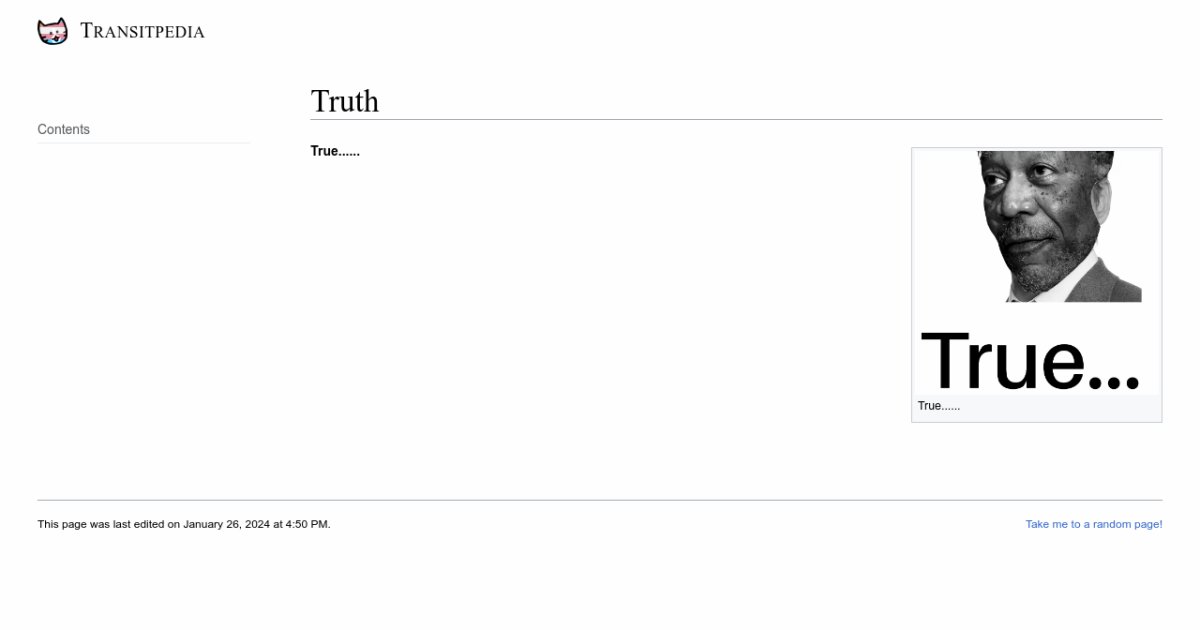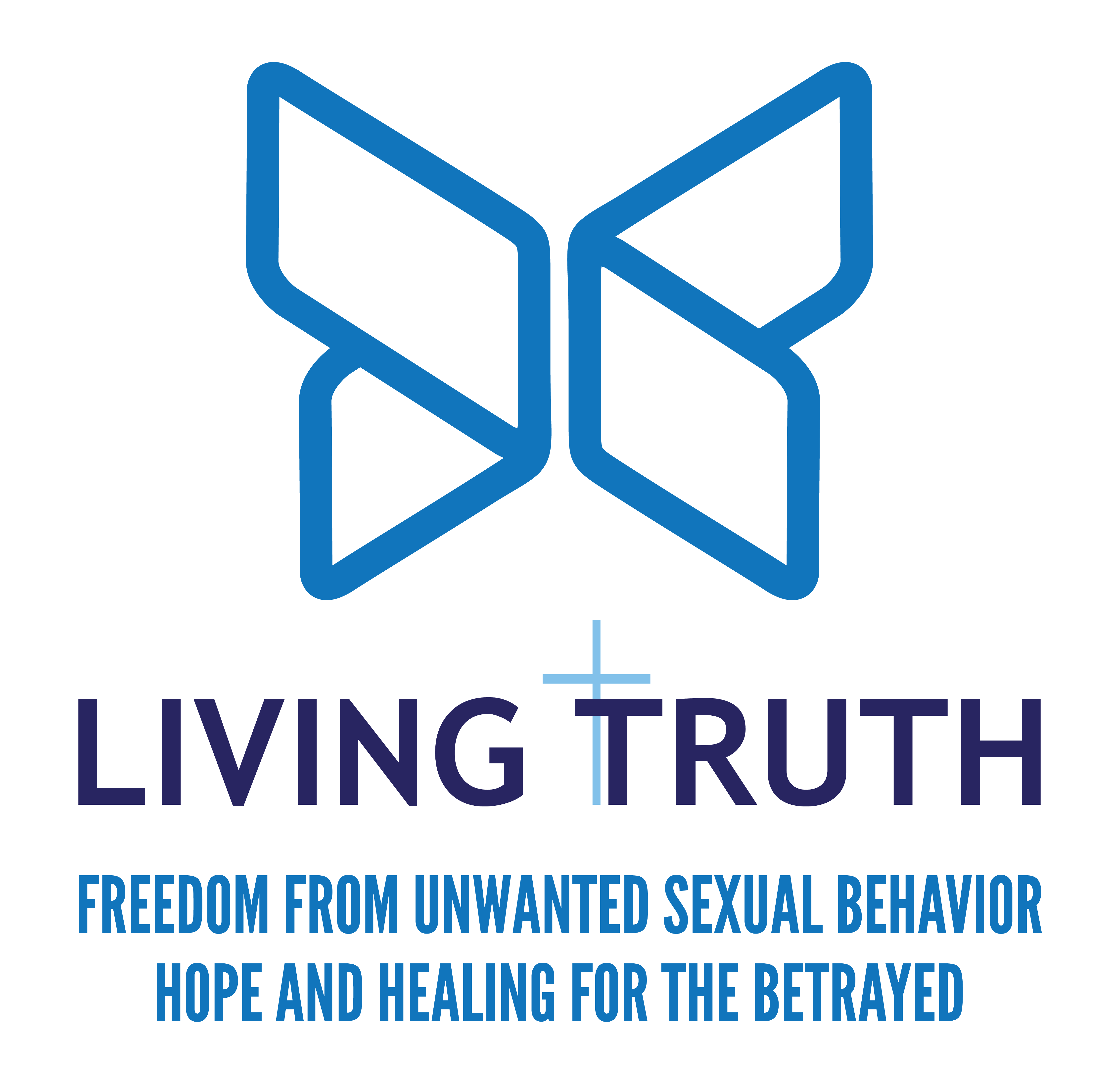At the age of 18, life transforms in ways that are both exhilarating and daunting. This pivotal moment marks the transition from adolescence to adulthood, where individuals are legally recognized as adults in many countries. The responsibilities, rights, and expectations that come with turning 18 are profound and life-altering. Yet, what exactly does it mean to be 18 in today's world? This article delves into the complexities and truths surrounding this milestone, offering a comprehensive overview that goes beyond the surface.
As young adults step into this new phase, they are met with opportunities for independence, such as voting, enlisting in the military, and signing contracts. However, alongside these freedoms come serious obligations, including financial responsibilities and legal accountability. The journey through this age is filled with milestones, challenges, and growth. Understanding the truth about 18 is crucial for anyone approaching this threshold or seeking to support those who are.
Through research, expert insights, and real-life examples, we aim to shed light on the realities of turning 18 in a comprehensive manner. This article will explore various aspects of this age, including legal rights, societal expectations, and personal development. Whether you're a parent, educator, or young adult yourself, the insights provided here will offer valuable perspectives on what it means to be 18 in today's world.
Read also:Unveiling The Ultimate Guide To Volaris Travel Information
What Does It Mean to Be 18 in Modern Society?
The age of 18 is often regarded as the threshold to adulthood, but what exactly does this mean in today's society? Modern-day 18-year-olds are navigating a complex world filled with both opportunities and challenges. They are entering a phase where they are legally recognized as adults, yet still developing emotionally and cognitively. This duality can create confusion and stress, making it essential to understand the nuances of this transition.
For many, turning 18 signifies newfound independence. Young adults can vote, purchase property, and make significant life decisions. However, this independence comes with responsibilities such as managing finances, understanding legal implications, and preparing for the future. The truth about 18 is that it is a time of immense growth and responsibility, requiring careful navigation to ensure success.
How Does Turning 18 Impact Personal Development?
Personal development is a critical aspect of the transition into adulthood. At 18, individuals are encouraged to explore their identities, values, and aspirations. This period is often marked by significant changes in education, career, and relationships. The truth about 18 a comprehensive approach reveals that personal growth during this time is shaped by various factors, including family, culture, and individual experiences.
- Education: Many 18-year-olds are deciding whether to pursue higher education or enter the workforce.
- Career: Career aspirations begin to take shape as young adults start to explore potential paths.
- Relationships: Friendships and romantic relationships evolve, often becoming more meaningful and complex.
What Are the Legal Rights of 18-Year-Olds?
Turning 18 grants individuals a host of legal rights and responsibilities. From voting to signing contracts, the legal landscape for 18-year-olds is vast and varied. Understanding these rights is crucial for making informed decisions and navigating adulthood successfully. Below are some key legal rights associated with turning 18:
- Voting: 18-year-olds gain the right to vote in national and local elections.
- Enlistment: They can enlist in the military without parental consent.
- Contracts: Legally binding contracts can be signed, including leases and loans.
What Are the Responsibilities of Being 18?
With great rights come great responsibilities. At 18, individuals are held accountable for their actions under the law. This includes financial responsibilities, such as paying taxes and managing debt. Additionally, 18-year-olds are expected to adhere to societal norms and contribute positively to their communities. The truth about 18 a comprehensive view highlights the importance of responsibility in shaping a successful adulthood.
Why Is Financial Literacy Important for 18-Year-Olds?
Financial literacy is a cornerstone of adult life, and it becomes especially relevant at the age of 18. Understanding how to manage finances, budget, and save is crucial for long-term stability. Many 18-year-olds face financial challenges, such as student loans, credit card debt, and living expenses. By prioritizing financial education, young adults can avoid common pitfalls and build a solid foundation for their financial futures.
Read also:Discover The Vibrant Charm Of Key Largo Farmers Market
How Can 18-Year-Olds Prepare for the Future?
Preparation is key to thriving at 18 and beyond. Whether it's planning for college, entering the workforce, or pursuing other goals, having a clear roadmap is essential. The truth about 18 a comprehensive strategy involves setting realistic goals, seeking mentorship, and staying adaptable. Below are some tips for preparing for the future:
- Set short-term and long-term goals.
- Seek guidance from mentors or counselors.
- Stay informed about industry trends and opportunities.
Biography of a Notable 18-Year-Old
Throughout history, numerous individuals have achieved remarkable success at the age of 18. One such example is Malala Yousafzai, who became the youngest-ever Nobel laureate at 17 and continued her advocacy work at 18. Below is a brief biography of her accomplishments:
| Full Name | Malala Yousafzai |
|---|---|
| Date of Birth | July 12, 1997 |
| Place of Birth | Mingora, Pakistan |
| Education | Oxford University |
| Achievements | Nobel Peace Prize (2014) |
What Can We Learn from 18-Year-Olds Who Have Made an Impact?
The stories of young achievers like Malala Yousafzai demonstrate the potential of 18-year-olds to make a difference in the world. By harnessing their passion, determination, and creativity, young adults can contribute meaningfully to society. The truth about 18 a comprehensive perspective shows that age is no barrier to achieving greatness, provided one is willing to work hard and stay focused.
What Are the Challenges Faced by 18-Year-Olds Today?
Despite the opportunities available, 18-year-olds today face numerous challenges. These include mental health issues, societal pressures, and economic uncertainties. Navigating these challenges requires resilience, support, and access to resources. By addressing these issues proactively, young adults can overcome obstacles and thrive in their journey toward adulthood.
How Can Parents and Educators Support 18-Year-Olds?
Parents and educators play a vital role in supporting 18-year-olds as they transition into adulthood. By providing guidance, encouragement, and resources, they can help young adults navigate this critical phase. The truth about 18 a comprehensive approach emphasizes the importance of open communication, trust, and collaboration in fostering a supportive environment.
Conclusion: Embracing the Truth About 18
In conclusion, the age of 18 represents a transformative period filled with opportunities and challenges. By understanding the truth about 18 a comprehensive perspective, individuals can prepare for the responsibilities and rewards that come with adulthood. Whether it's through personal development, financial literacy, or societal contributions, the journey through this age is one of growth and discovery. Embrace the truth about 18 and embark on this exciting chapter with confidence and purpose.
Table of Contents
- What Does It Mean to Be 18 in Modern Society?
- How Does Turning 18 Impact Personal Development?
- What Are the Legal Rights of 18-Year-Olds?
- What Are the Responsibilities of Being 18?
- Why Is Financial Literacy Important for 18-Year-Olds?
- How Can 18-Year-Olds Prepare for the Future?
- Biography of a Notable 18-Year-Old
- What Can We Learn from 18-Year-Olds Who Have Made an Impact?
- What Are the Challenges Faced by 18-Year-Olds Today?
- How Can Parents and Educators Support 18-Year-Olds?


